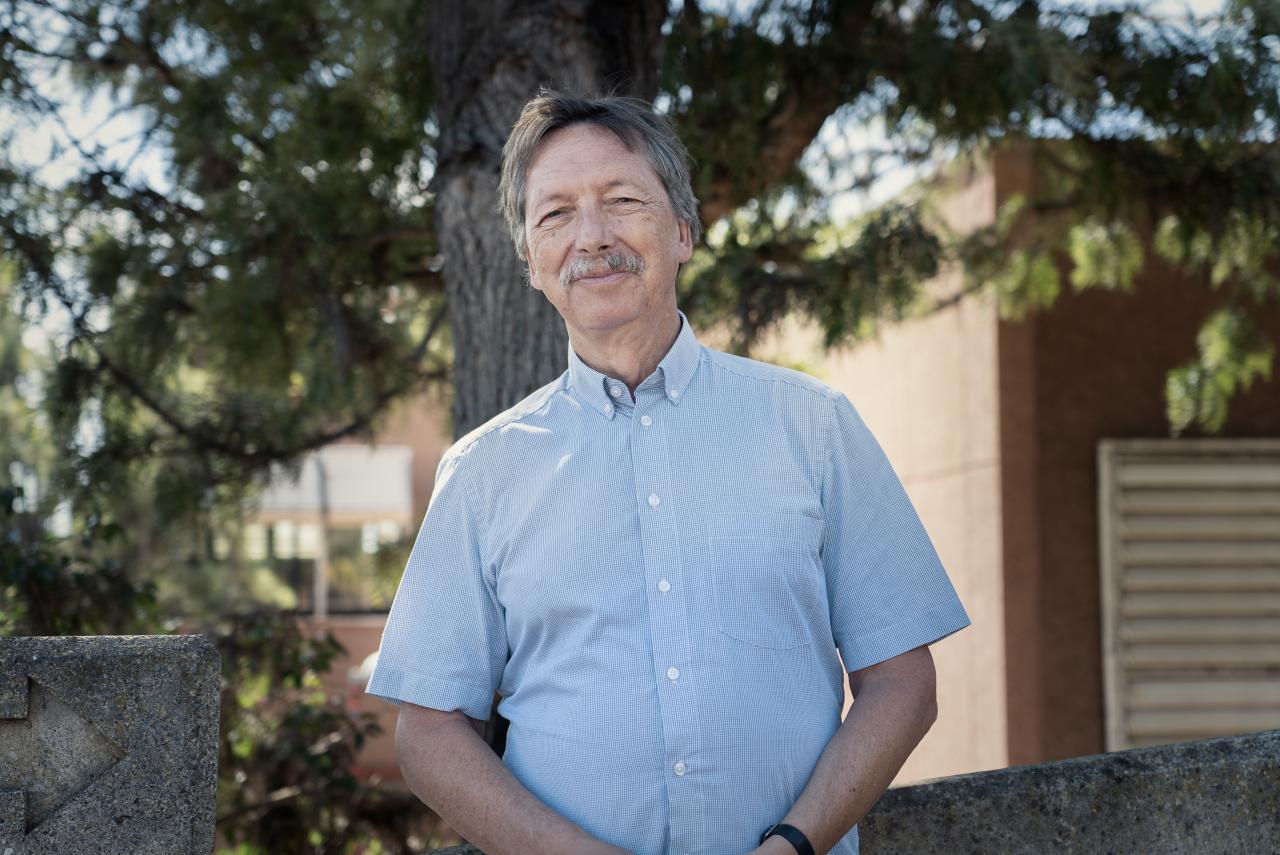Professor Henning, Director Emeritus of the Max Planck Institute for Astronomy in Heidelberg and Professor at the University of Heidelberg is recognized as one of the leading European experts on protoplanetary disks and exoplanetary systems. Thomas Henning studies the formation of stars and planets through dedicated observing programs on infrared and submillimeter telescopes as well as with computational models. In the lab, he investigates how dust particles and complex organic molecules form under astrophysically relevant conditions. Henning uses a variety of methods, ranging from radial velocity searches to transit observations and direct imaging, to find and characterize exoplanets. He combines high spatial resolution infrared observations with large-scale numerical simulations and dedicated laboratory experiments. He has been leading the Department of Planet and Star Formation at the Max Planck Institute for Astronomy and teaches classes at the universities of Heidelberg and Jena. Henning was also an Adjunct Professor at the Tata Institute of Fundamental Research in Mumbai (India) and TokyoTech (Japan). He founded the Heidelberg Origins of Life Initiative (HIFOL) and is a Co-Investigator on significant instrumentation projects such as MIRI for the James Webb Space Telescope (JWST).
Likewise, Professor Henning is one of the few European leaders with guaranteed time at JWST to address the origin and evolution of planetary systems. He has published more than 2000 papers in these fields and directs dozens of post-doctoral researchers and students at his institute.
The objectives of his visit include possible collaborations on exoplanets, substellar objects, protoplanetary disks, astrochemistry, and astrobiology. His stay may also allow IAC groups to establish new research programs with access to JWST and develop new instruments for the large telescopes that Europe has in the Southern Hemisphere.

